- Three-foot wide growing beds to enable easy cultivation from each side.
- Four strands of drip irrigation tubing the length of the beds for thorough moistening.
- Bent PVC pipes to support cloth protection against pests and chill.
- Colored PVC-pipe-and-netting frames protecting crops from larger critters like rabbits that are easy to lift and shift position.
- Garlic planted 5 inches apart to allow full-sized heads to develop.
- Herbs allowed to blossom to attract beneficial insects.
- New sheeting product that’s graded by the size of the specific insect intended to keep out.
- In-bed overwintering green manure cover crop, to be weed-whacked and left in place to decompose several weeks prior to planting.
- Natural-stream pond kept aerated to provide irrigation water.
- Huecheras in container with chicken collection.
|
Renee Shepherd, depended upon by gardeners everywhere for her Renee’s Garden Seeds - http://www.reneesgarden.com/ - actually trials every single one of her seed varieties in her garden near the office in Felton near Santa Cruz, CA, and in other locations around the country. I recently visited her Felton growing grounds and was thoroughly impressed with the quantity and quality of the beds, plants, and techniques. Here are some bits for you to adopt or adapt for your own garden.
0 Comments
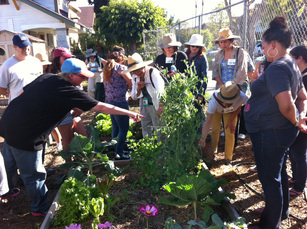 Applications are now available online for the 2016 University of California Master Gardener Volunteer Training Program in Los Angeles County! If you have questions after reviewing the program and application specifics below, contact Program Coordinator Valerie Borel at [email protected] by 3pm on Friday, January 15, 2016. Applications must be submitted online by 6pm on Friday, January 15, 2016. For more information on the UC Master Gardener Program in Los Angeles County, go to http://celosangeles.ucanr.edu/UC_Master_Gardener_Program/ UC Master Gardeners extend research-based information by conducting workshops and demonstrations, diagnosing plant and pest problems, speaking to community groups, educating teachers and parents at school gardens, and answering gardening questions at fairs and farmers markets as well as on our email and phone helplines. Master Gardener volunteers help empower neighborhoods to create their own solutions and foster healthier gardens, communities and a sustainable environment. Since 1993, the program has trained 1,183 Master Gardener volunteers who have served 1,420,770 Los Angeles County residents and earned 62,347 continuing education hours. In 2014-2015, 297 currently active Master Gardener volunteers logged 20,225 volunteer hours and 4,683 continuing education hours helping 136,482 Los Angeles County residents at 435 locations (136 community gardens, 182 school gardens, 23 senior gardens, 8 homeless and battered-women's shelters, and 86 fairs, farmers markets and phone and email helplines). Do you believe that gardening can help make people’s lives better? Would you like to help teach the joys of gardening, and make Los Angeles a greener place? If so, the Master Gardener Volunteer Program may be the place for you. Here is some information about the 2016 program. Overview • The program is open to Los Angeles County residents over 18 years of age. • The program is looking for 1) experienced community volunteers who already 2) know the basics of gardening, 3) have given public presentations, 4) have worked with people of diverse backgrounds, 5) have initiated and carried through with successful projects, and 6) have access to a computer and have basic working familiarity with websites and email. • The program presents University of California research-based information to promote environmentally responsible and sustainable horticultural practices in home, community and school landscapes. • Classes will meet for 13 weeks on every Saturday from March 5 through May 28, from 9:00 a.m. to 3:00 p.m., location to be determined. Meetings start promptly at 9:00 am. You must attend the first class on March 5. After the first class, you can miss only one meeting with prior notice. • Instruction in English will include lectures, hands-on activities, and field trips to area botanical gardens and other sites (carpooling is recommended). • Acceptance letters will be emailed February 1, 2016. If you are accepted into our 2016 Master Gardener Volunteer Training Program • You will be emailed an acceptance letter with your first class assignments and due dates – all to be completed prior to the first day of class. • You will be emailed a Live Scan form and list of Live Scan locations in L.A. County for required fingerprinting and criminal background check by the California Department of Justice. This must be done for our program specifically, only at these locations, whether or not you’ve done it for another agency or at another location. Note differences in prices, hours, and whether an appointment is required. • You’ll be added to the online MGLA Collaborative Tools so you’ll receive all program emails. The MGLA is also the site where all program documents and resources will be listed. By February 15, 2016: • Mail the original Live Scan form signed by the Live Scan operator (keep a copy for yourself). • Pay $250 course fee online with credit card (you’ll receive the link upon acceptance), or mail your check (made payable to “University of California Regents”. If you requested a partial scholarship and were approved, your balance owed is due at this time as well. Class Session • Class members are called “Master Gardener Trainees” while they attend the 13-week, 78-hour training course. • Major class topics are basic plant science, propagation, fertilization, soils, irrigation, composting, vegetable and herb and fruit gardening, ornamental plants and trees gardening, Integrated Pest Management (diseases, insects, weeds, small animals), tools, how to start community and school gardens, and community outreach techniques. • Graduation from the class session requires 1) attendance at each week’s class (you may miss only one class with prior notice) and 2) a passing grade of at least 70% on the take-home, open-book final examination. Volunteering • A minimum of 50 hours of volunteering by June 30, 2017 can be accomplished in these areas: o Community and school gardens, farmers markets and fairs — giving workshops, responding to gardening questions. o Phone and e-mail helplines — answering questions. o Other projects you develop, which have been approved. • While no minimum "Continuing Education" hours are required by June 30, 2017, 12 hours will be required the second and subsequent years. These hours can be accomplished by attending in-person events where you learn something related to your work as a UC Master Gardener, such as Master Gardener monthly meetings, garden club meetings, presentations at botanical gardens or nurseries, college or university horticultural classes, etc. However, no reading, home study, video, etc., fulfills this requirement. • MGs must post all of their volunteer and continuing education hours onto the online MG Statewide Master Gardener Volunteer Management System. Instructions will be provided. • For MGs to maintain active status and be recertified annually, their posted hour totals for each fiscal year (July 1 through June 30) after the first year must accomplish the annual required minimums of at least 25 volunteer and 12 continuing education. Hours are cumulative from year to year. Monthly Meetings Monthly Continuing Education meetings are held on the second Saturday of every month between class sessions (June through February) from 9:30 a.m. to 1:00 p.m. at different garden locations. Frequent Emails Emails posted on the MGLA Collaborative Tools website provide volunteer and continuing education opportunities and other program information. Graduation On the last day of class, May 28, 2015, “Master Gardener Trainees” who have submitted their final exam, class evaluation, and commitment form become “First-Year Master Gardeners” and receive a Certificate of Completion of Class. Instruction and Master Gardener identification badges. Passage of the final exam by at least 70% and class attendance will be confirmed later. Annual Recertification Annual recertification is achieved by completing 3 requirements by June 30 of every year: • Posting at least 25 volunteer AND 12 continuing education hours on the VMS (as stated above, First-Year Master Gardeners must post at least 50 volunteer hours by June 30, 2017, but do not need to post any continuing education hours). • Completing the online VMS reappointment forms. • Paying the $6 annual insurance fee required by the Statewide MG Program, either online (link provided) or by check. We hope you’ll want to continue volunteering in our program long after you’ve completed your initial minimum requirements. We have active Master Gardeners from every year’s class since 1990; they’ve volunteered thousands of hours! Application Survey Submission • Complete and submit the online application survey by 6:00 pm on January 15, 2016. • The link is: http://ucanr.edu/survey/survey.cfm?surveynumber=16326 If you have questions, please contact Program Coordinator Valerie Borel at [email protected] by 3pm on Friday, January 15, 2016. Regards, Rachel Surls, Ph.D., Sustainable Food Systems Advisor Valerie Borel, Horticulture and Master Gardener Program Coordinator
|
Categories |
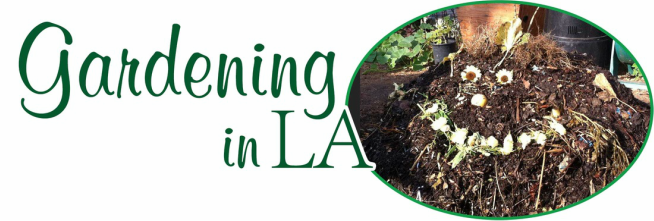
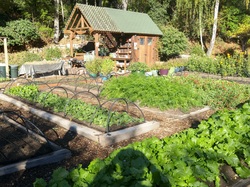
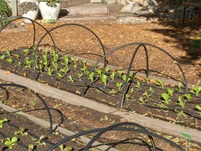
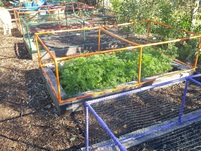
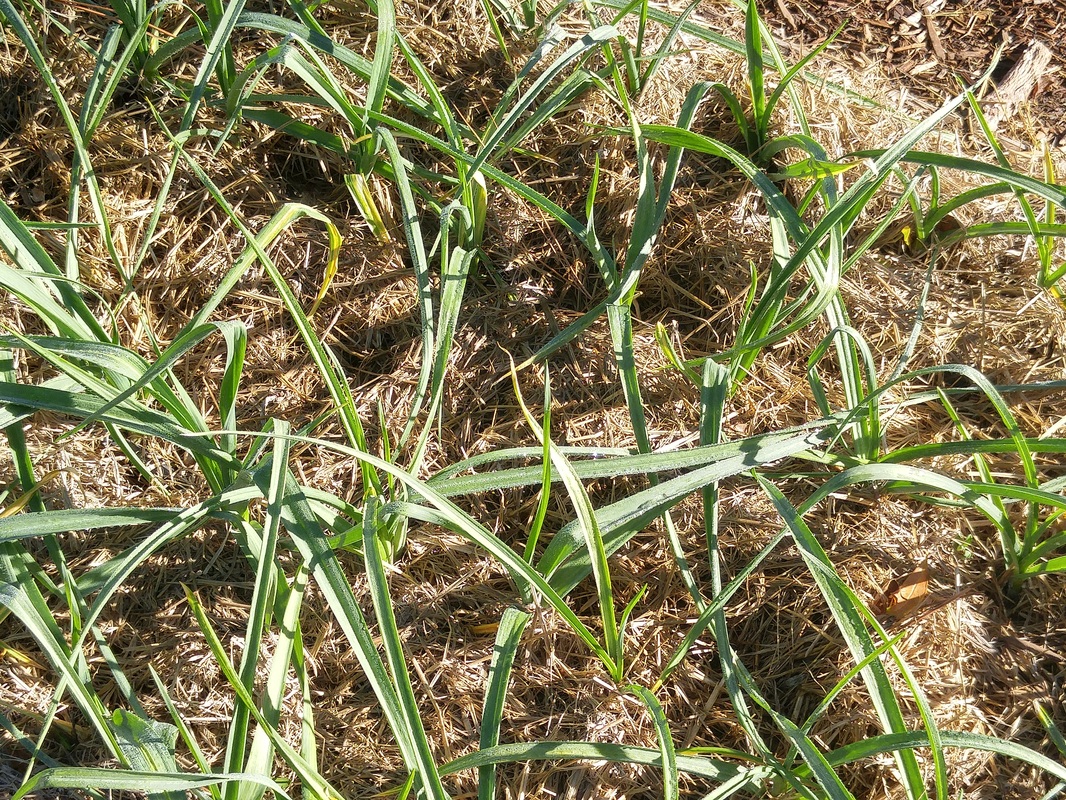
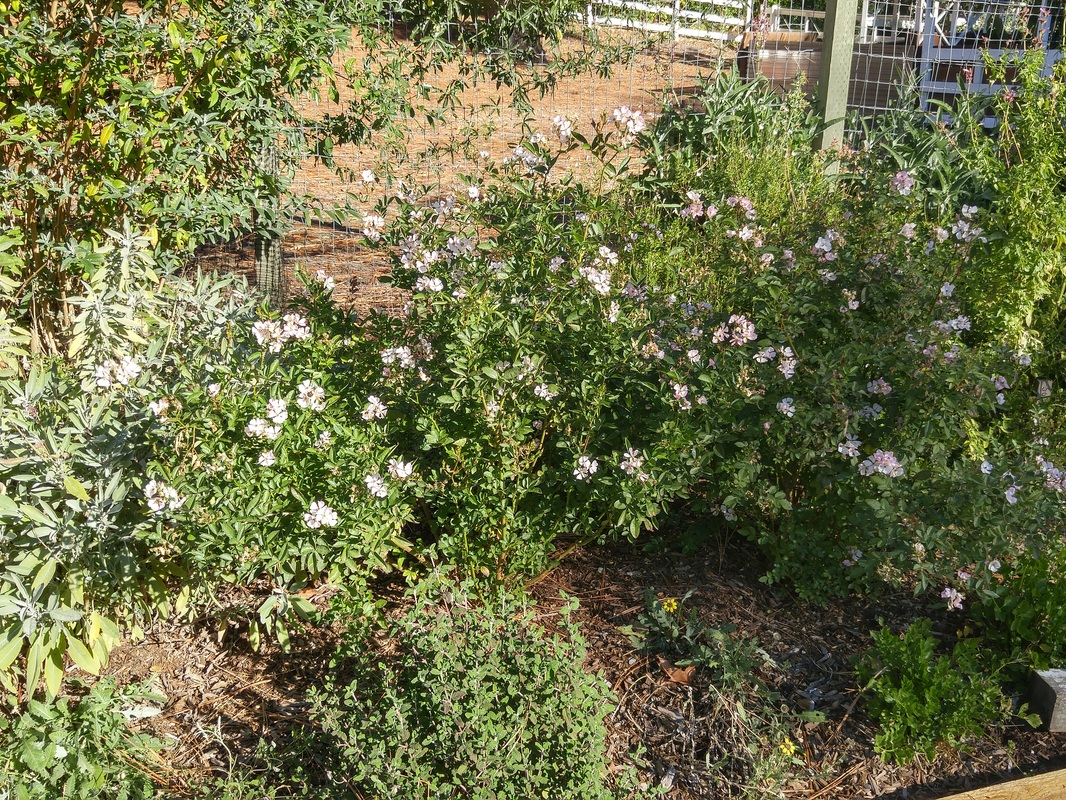
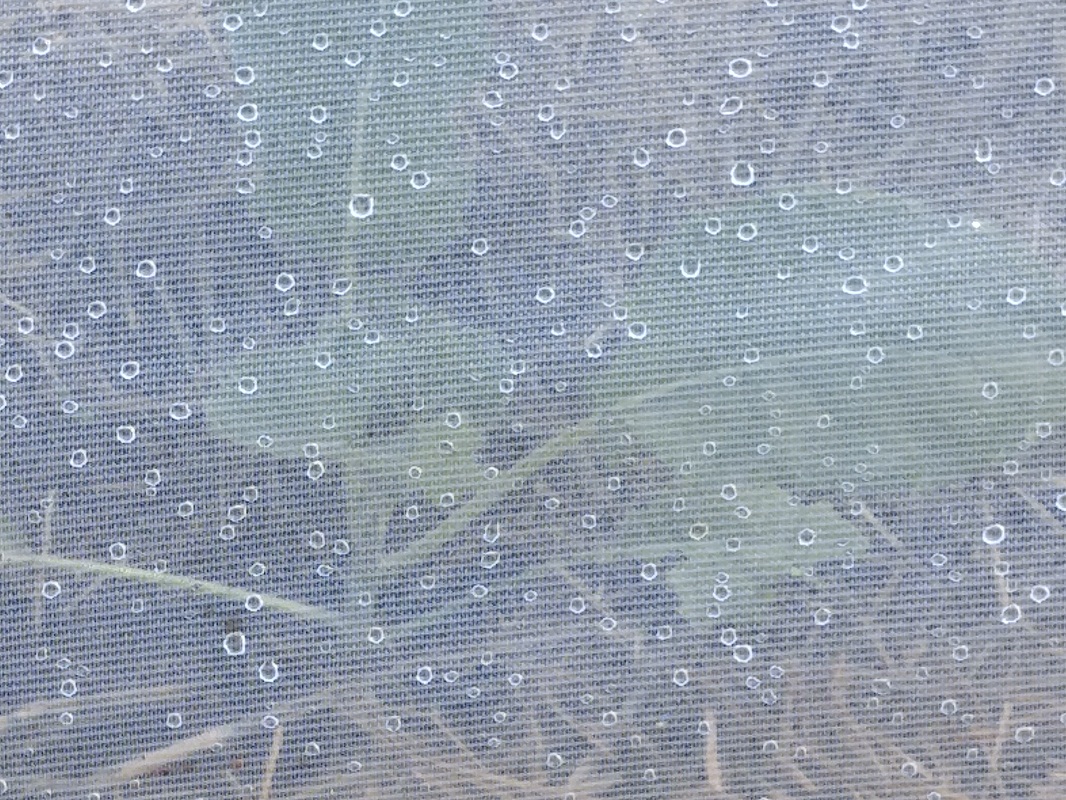
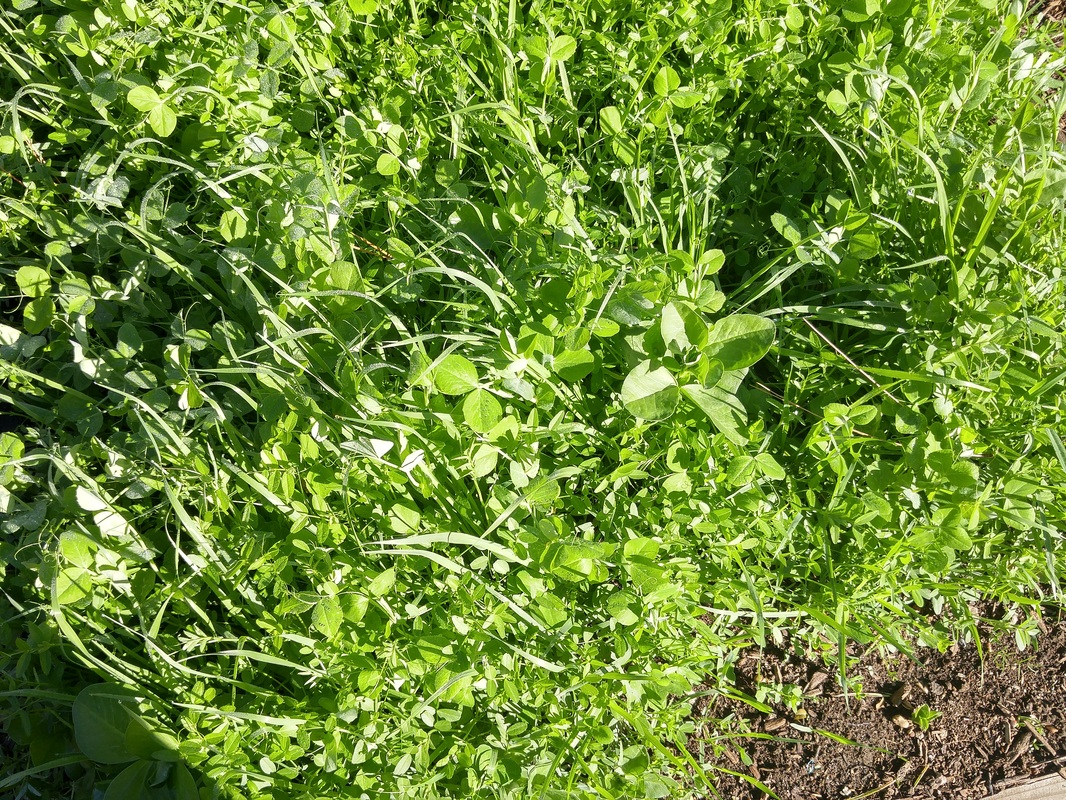
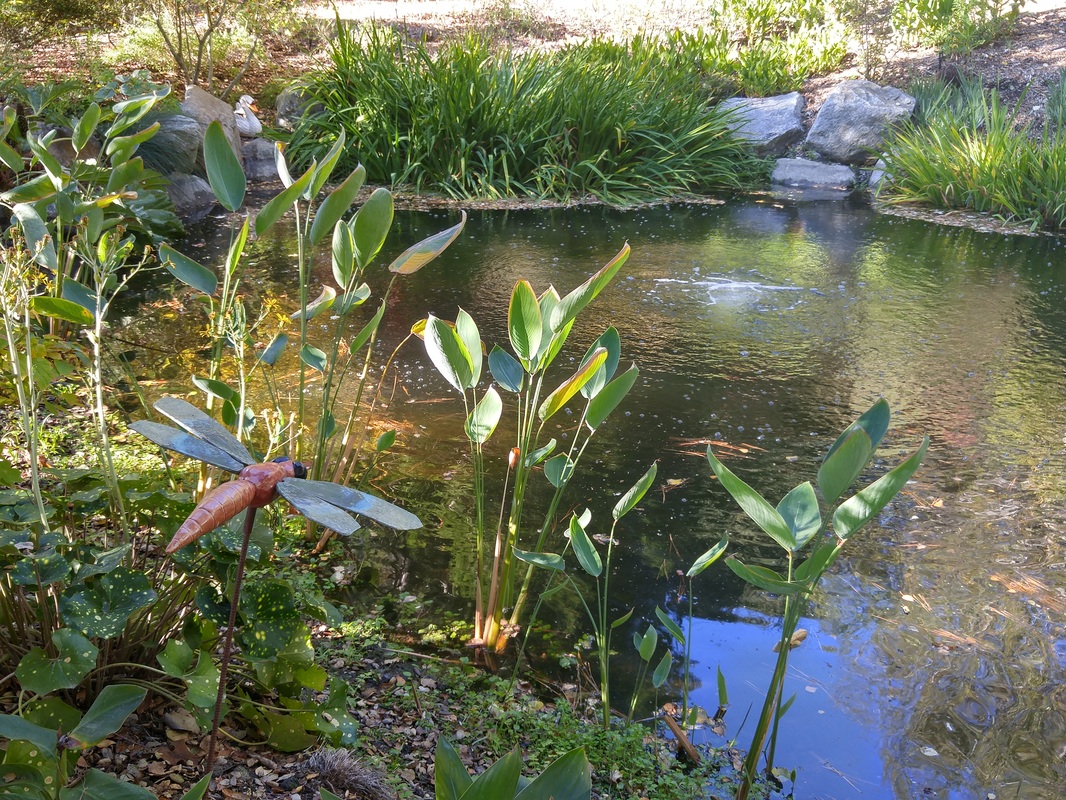
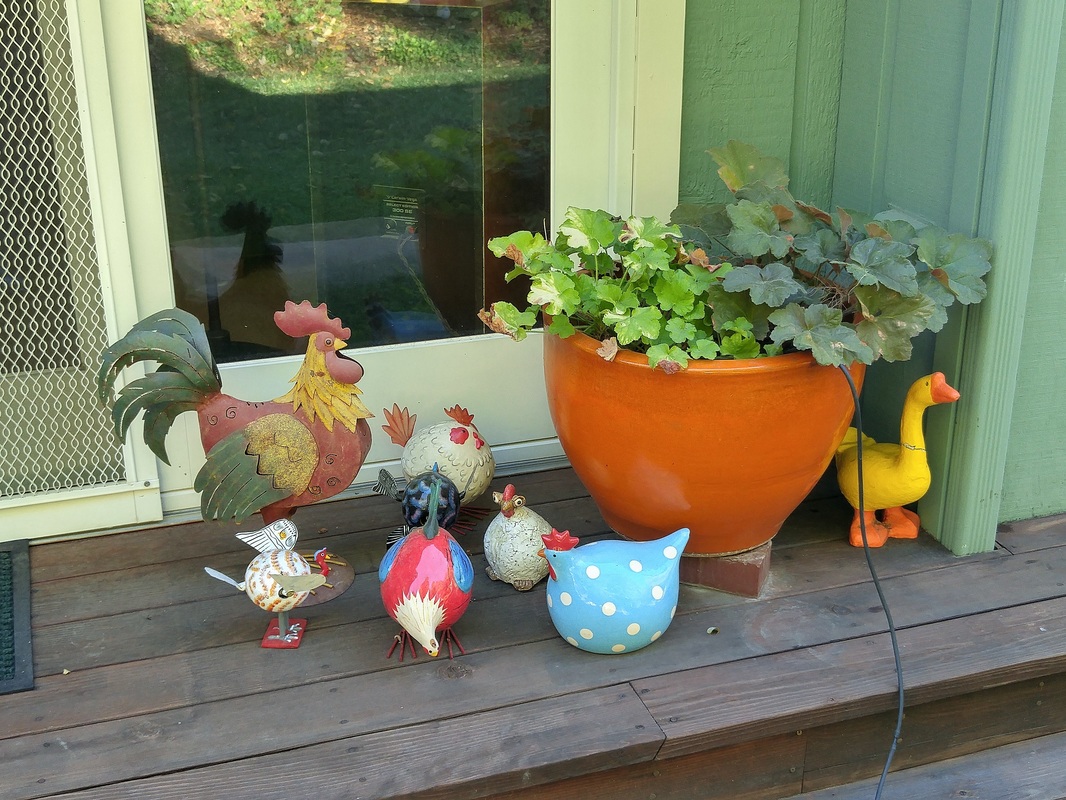
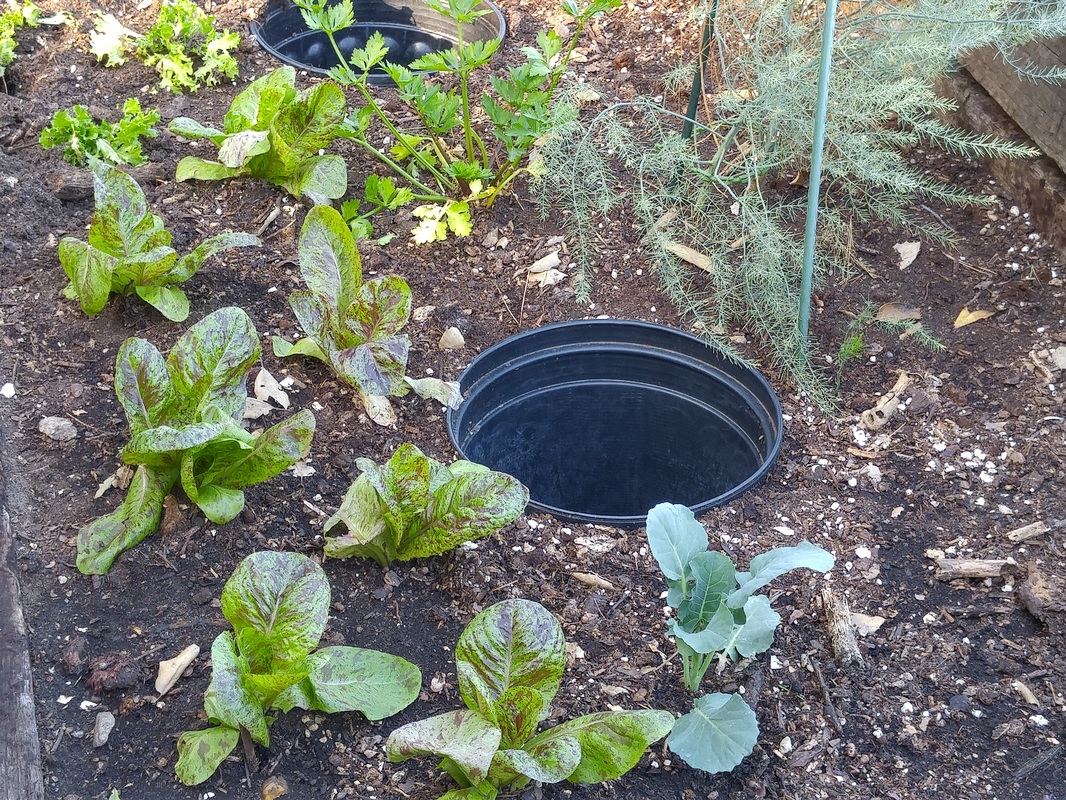
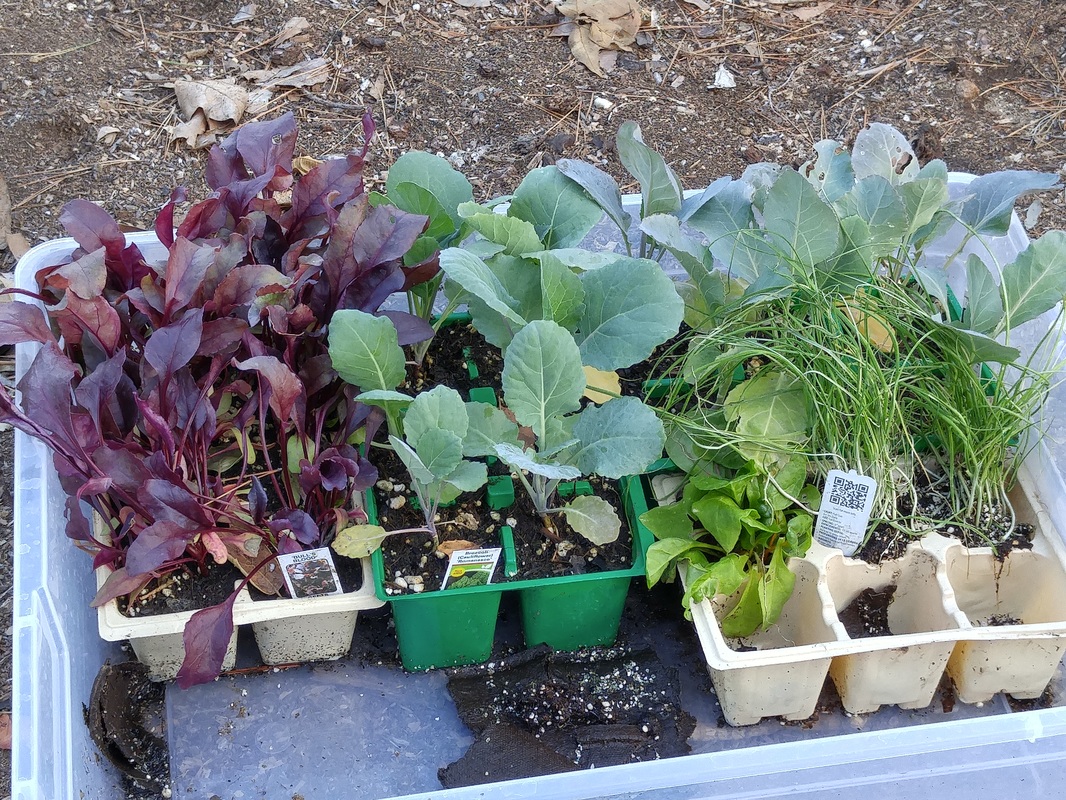
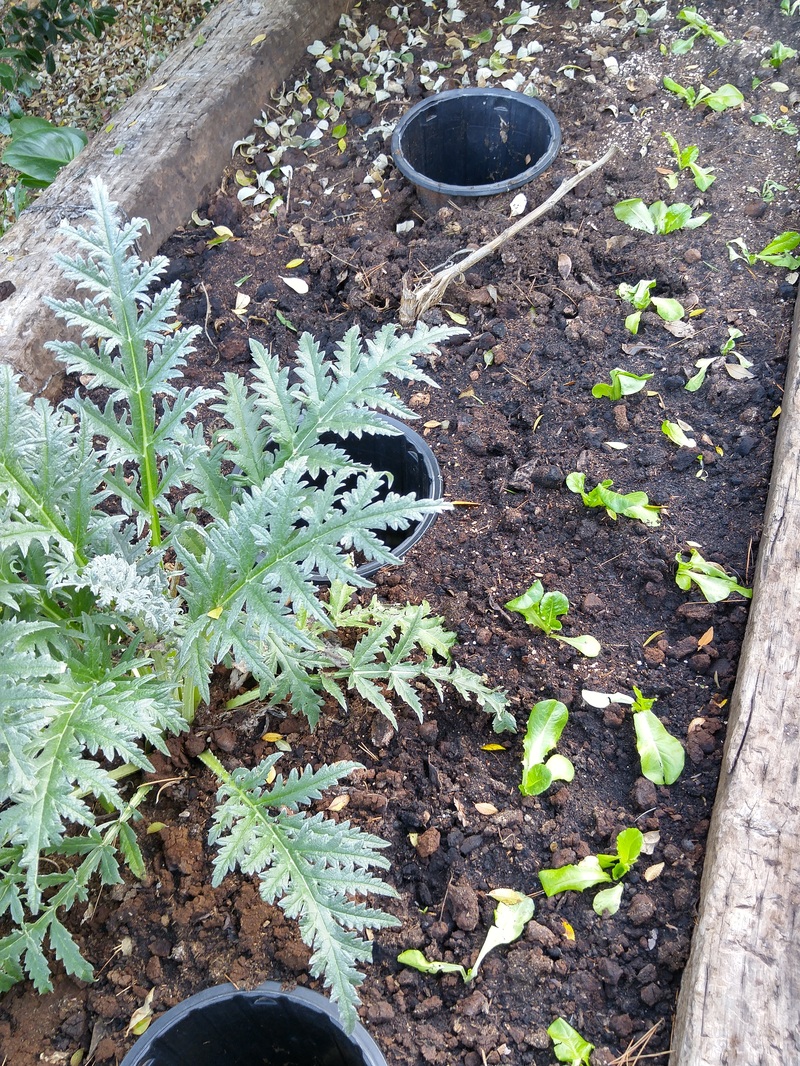
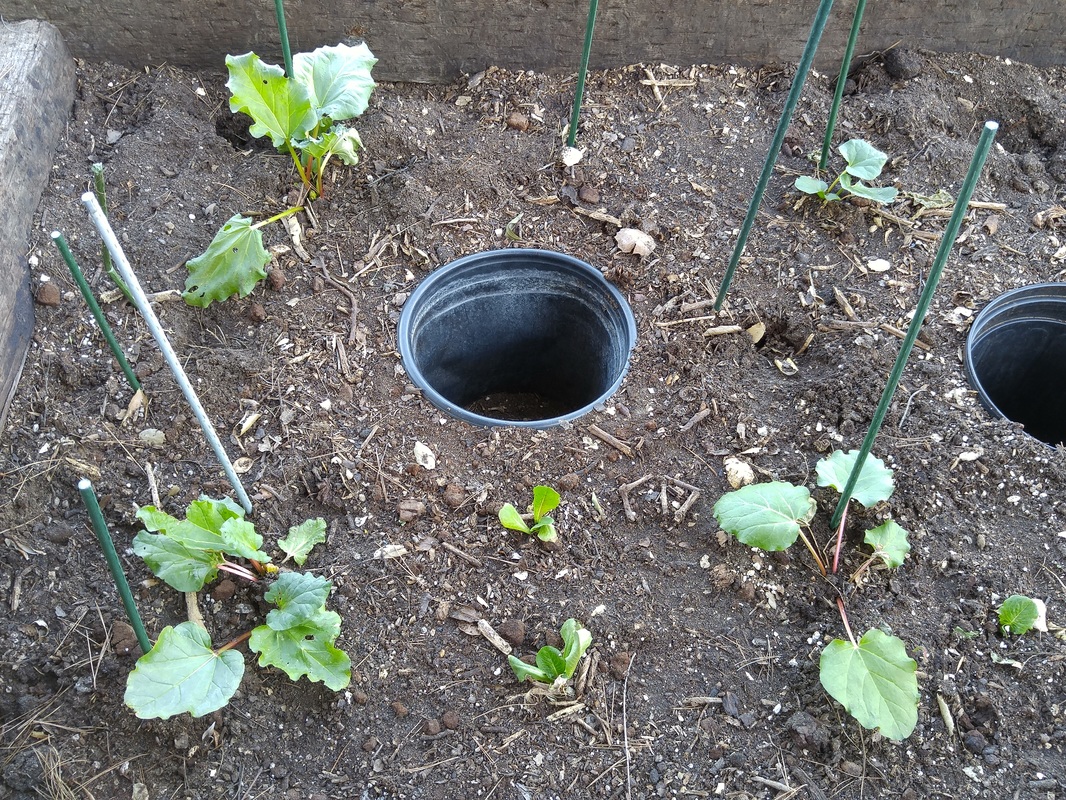
 RSS Feed
RSS Feed